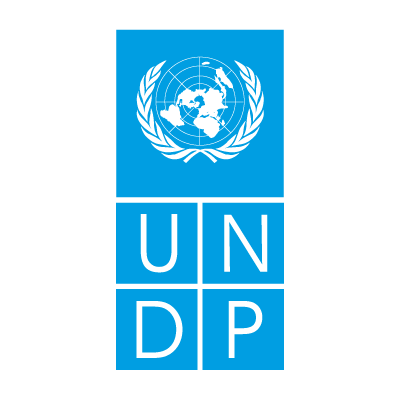
KNOWLEDGE
HUB
Case Study
The impact of Indonesia’s public climate finance system
Indonesia is pushing forward to sustain economic growth while reducing greenhouse emissions. The country aims for a 26% reduction in business-as-usual levels by 2020, or 41% with international support. To reduce greenhouse gas emissions, Indonesia recognizes the critical role of finance. Public and private financing, from both foreign and domestic entities will be needed to invest in emission reducing strategies and technologies. To better understand the flow of financing the Indonesian Ministry of Finance’s Fiscal Policy Agency and the Climate Policy Initiative implemented a comprehensive study of Indonesia’s financial market to establish a baseline upon which to improve the investment markets. The focus of the analysis is to understand which actors are investing, through what instruments, into what technologies, and for what reasons, in order to provide a baseline against which to measure progress and plan for scaling up.
Actions profiled
In order to achieve Indonesia’s plans to reduce green house gasses by 26%, both indirect and direct investment approaches are being used to establish the appropriate mechanisms to insure stable and continued investment. The bulk of current investment (~75%) support “indirect” activities, meaning it is used to establish oversight mechanisms, research and development, reporting and verification systems that lead to strong foundation for future scale-up projects. Thus, enabling funding of “direct” mitigation projects. This investment methodology makes sense from the government’s policy development perspective. Currently, investment vehicles include loans, grants, budget expenditures, equity participation, and revolving funds. Investment distribution keys on the most emission intense sectors, which are forestry (41%), energy (19%), agriculture and livestock management (10%), transport (9%), and waste and waste-water (7%).
Outcomes
This case study serves as a baseline investment-market analysis that aims to understand the trends in Indonesian climate investment. Providing a baseline understanding of the amount of money being invested (directly or indirectly) into different sectors allowed the Indonesian government and private investors to assess progress and scale up activity. Focusing on “indirect” investments early on is helpful to reveal barriers, such as the need for a system connecting and tracking national investment with local expenditures.The analysis supported the Government of Indonesia in the following good practice areas:
- Developing a baseline market analysis study
- Understanding investment patterns
- Aligning finance with national priorities
Institutions Involved
- Indonesian government
- Investors
- NGOs
- Aid organizations
- Developers
- Climate Policy Initiative



